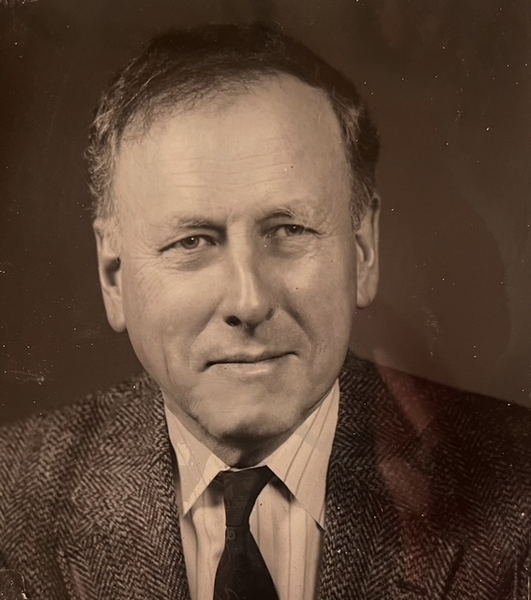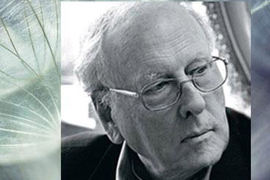Loren R. Graham, professor emeritus of the history of science who served on the MIT faculty for nearly three decades, died on Dec. 15, 2024, at the age of 91.
Graham received a BS in chemical engineering from Purdue University in 1955, the same year his classmate, acquaintance, and future NASA astronaut and moon walker Neil Armstrong graduated with a BS in aeronautical engineering. Graham went on to earn a PhD in history in 1964 from Columbia University, where he taught from 1965 until 1978.
In 1978, Graham joined the MIT Program in Science, Technology, and Society (STS) as a professor of the history of science. His specialty during his tenure with the program was in the history of science in Russia and the Soviet Union in the 19th, 20th, and 21st centuries. His work focused on Soviet and Marxist philosophy of science and science politics.
Much of Graham’s career spanned the Cold War. He participated in one of the first academic exchange programs between the United States and the Soviet Union from 1960 to 1961 and marched in the Moscow May Day Parade just weeks after Yuri Gagarin became the first human in space. In 1965, he received a Fulbright Award to do research in the Soviet Union.
Graham wrote extensively on the influence of social context in science and the study of contemporary science and technology in Russia. He also experimented in writing a nonfiction mystery, “Death in the Lighthouse” (2013), and making documentary films. His publications include “Science, Philosophy and Human Behavior in the Soviet Union” (1987), “Science and the Soviet Social Order” (1990), “Science in Russia and the Soviet Union: A Short History” (1993), “The Ghost of the Executed Engineer” (1993); “A Face in the Rock” (1995); and “What Have We Learned About Science and Technology from the Russian Experience?” (1998).
His publication “Science, Philosophy and Science in the Soviet Union” was nominated for the National Book Award in 1987. He received the George Sarton Medal from the History of Science Society in 1996 and the Follo Award of the Michigan Historical Society in 2000 for his contributions to Michigan history.
Many former colleagues recall the impact he had at MIT. In 1988, with fellow faculty member Merritt Roe Smith, professor emeritus of history, he played a leading role in establishing the graduate program in the history and social study of science and technology that is now known as HASTS. This interdisciplinary graduate Program in History, Anthropology, and Science, Technology, and Society has become one of the most selective graduate programs at MIT.
“Loren was an intellectual innovator and role model for teaching and advising,” says Sherry Turkle, MIT professor of sociology. “And he was a wonderful colleague. … He experimented. He had fun. He cared about writing and about finding joy in work.”
Graham served on the STS faculty until his retirement in 2006.
Throughout his life, Graham was a member of many foundations and honorary societies, including the U.S. Civilian Research and Development Foundation, the American Philosophical Society, the American Academy of Arts and Sciences, and the Russian Academy of Natural Science.
He was also a member on several boards of trustees, including George Soros' International Science Foundation, which supported Russian scientists after the collapse of the Soviet Union. For many years he served on the board of trustees of the European University at St. Petersburg, remaining an active member on its development board until 2024. After donating thousands of books from his own library to the university, a special collection was established in his name.
In 2012, Graham was awarded a medal by the Russian Academy of Sciences at a ceremony in Moscow for his contributions to the history of science. “His own life as a scholar covered a great deal of important history,” says David Mindell, MIT professor of aeronautics and astronautics and the Dibner Professor of the History of Engineering and Manufacturing.
Graham is survived by his wife, Patricia Graham, and daughter, Meg Peterson.








